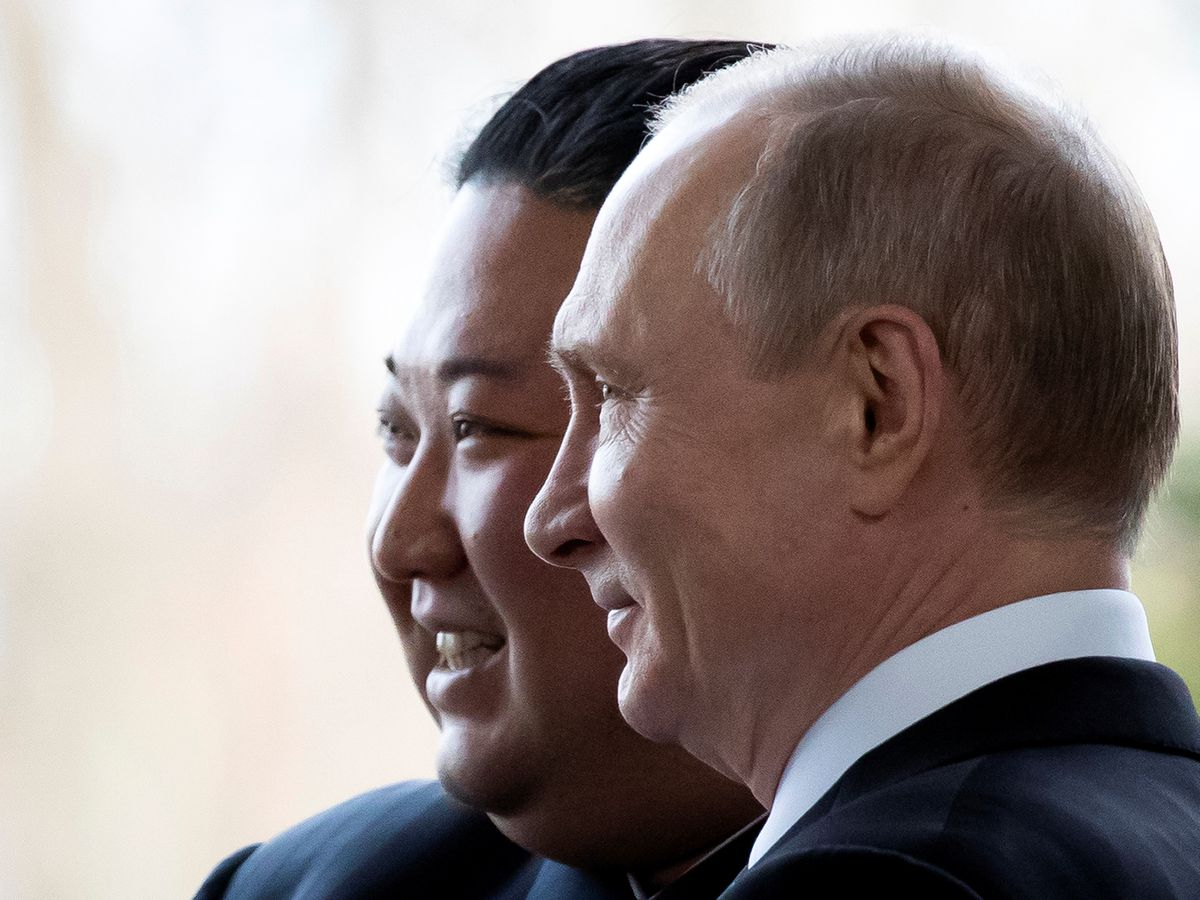Link: Putin’s Russia will look more like North Korea | Reuters
https://www.reuters.com/breakingviews/putins-russia-will-look-more-like-north-korea-2022-12-22/
REUTERS:
Putin’s Russia will look more like North Korea
LONDON, Dec 22 (Reuters Breakingviews) - The Western sanctions that followed the invasion of Ukraine have made it impossible for Russia to import what it needs. Foreign investors are staying away, thousands of the country’s elite have emigrated, and the price of its main export has sunk. President Vladimir Putin’s war has isolated his country. The great shut-off of its economy will accelerate in 2023, as Moscow moves closer to the North Korean economic model.
The invasion of Ukraine has inflicted damage on Russia, which depends heavily on the export of oil and gas. Though high prices in early 2022 helped the country, the rest of the world quickly adjusted, moving around supplies and, in some cases like the United States, exporting more. The price of Russia’s Urals crude oil has already fallen 40% from its March 2022 peak, and Russia could now lack the resources to cushion the blow of the recession on its population.
As a result, the Russian economy will take a hit. In October 2021, the International Monetary Fund predicted Russia’s economy would grow 2% in 2023. Now, the agency sees the country’s GDP falling by 2.4% after shrinking 3% in 2022. Based on the rouble’s 2021 exchange rate, that translates into some $200 billion in lost GDP.
That will add pain to already worsening finances. Spending jumped more than 20% in 2022 mostly because of an increase in defence outlays estimated at some $53 billion by Bank of Finland economists. The Russian government had to raid a rainy-day fund to make up for the first budget deficit in years. Keeping the rouble convertible into other currencies will become harder by the month.
Putin has already tightened his and his government’s control of the economy, demanding to sign off on the sale of assets by Western companies in the banking or energy sector. State-owned companies or banks, or Kremlin-friendly oligarchs, such as nickel magnate Vladimir Potanin, have already bought banking or industrial assets on the cheap, and the trend will only intensify.
Far from the scrutiny of foreign investors, Russian business will be free to take to new levels the wide-spread corruption that has held back the economy for years. And Putin can complete his task of devising a regime where nobody can replace him, with oil it can’t sell and roubles it can’t use.

Không có nhận xét nào:
Đăng nhận xét